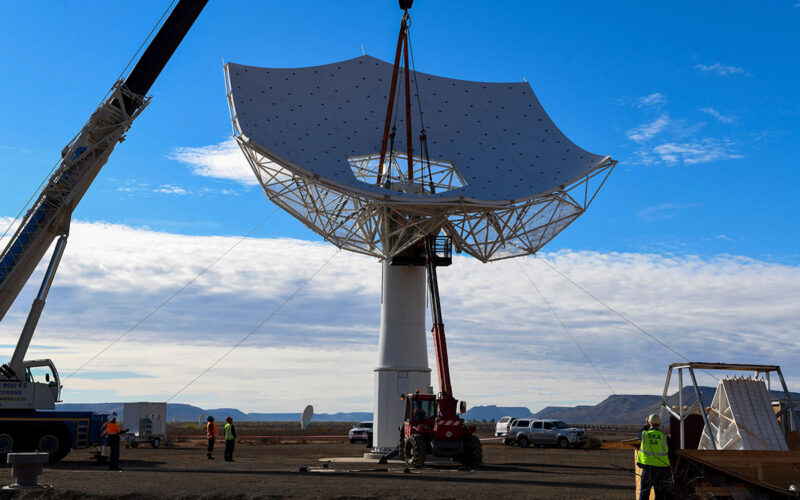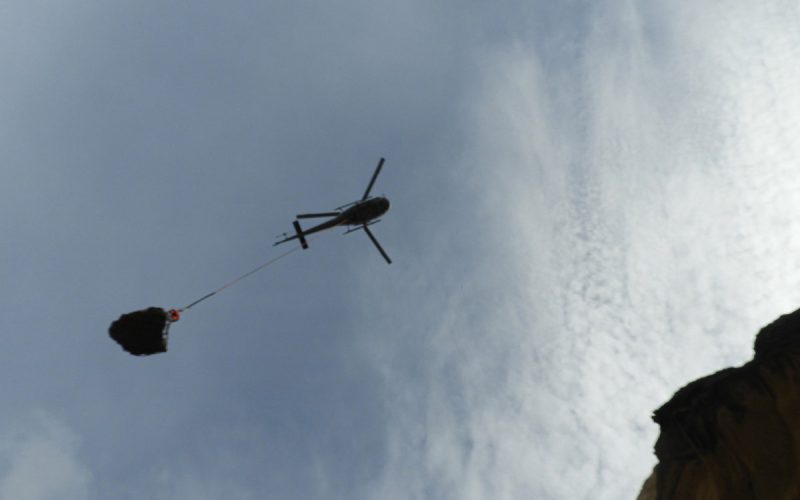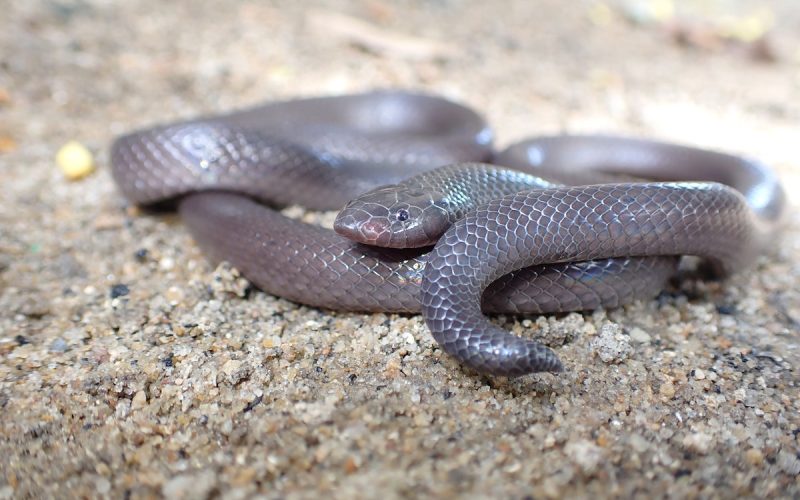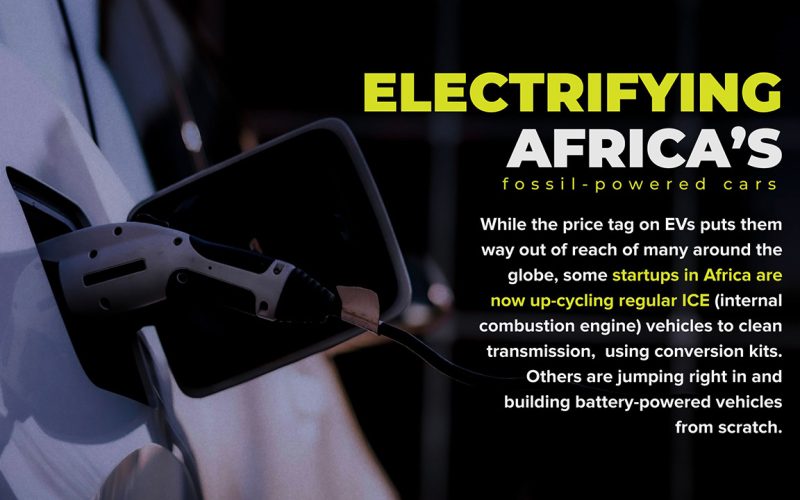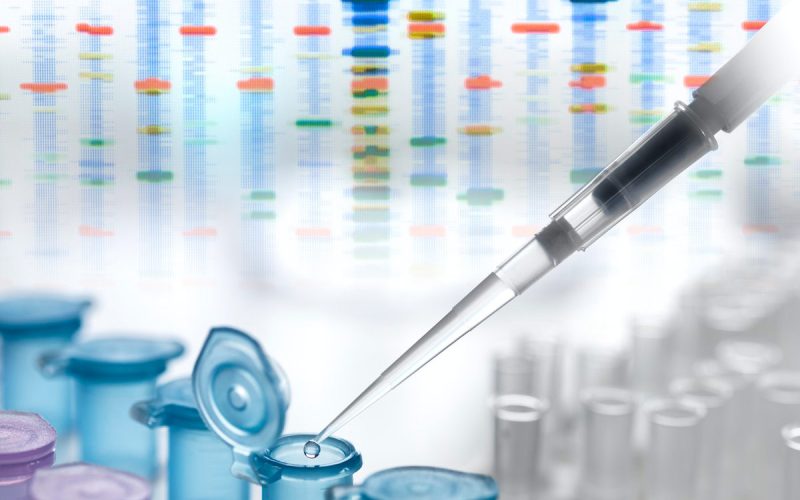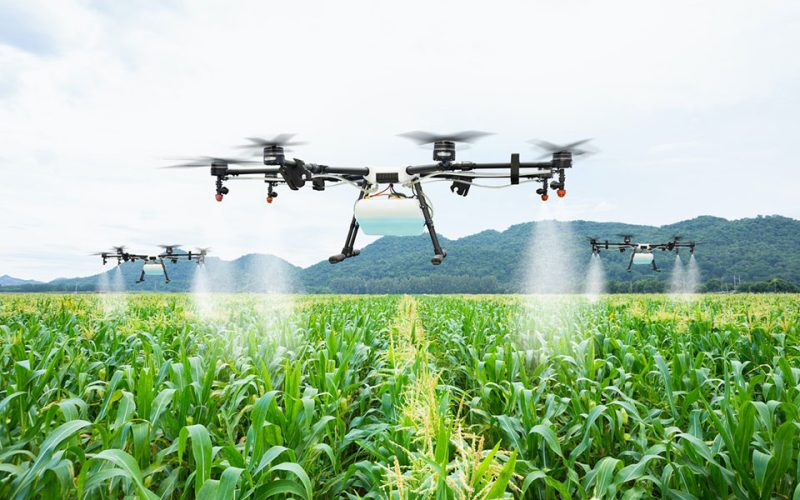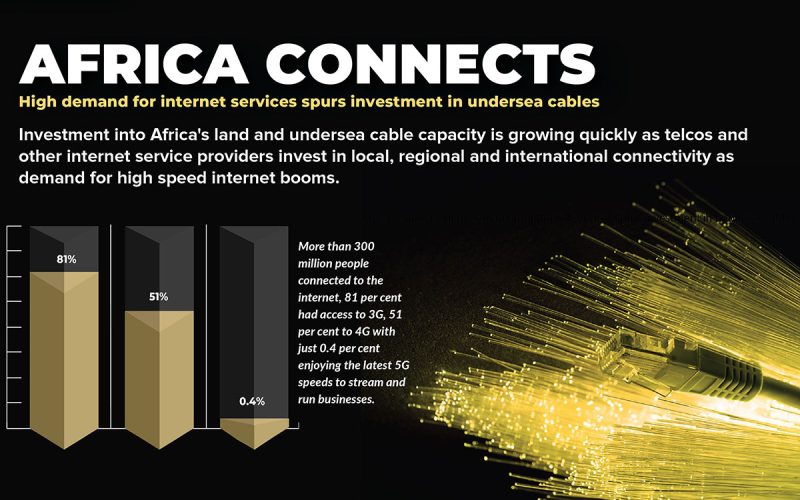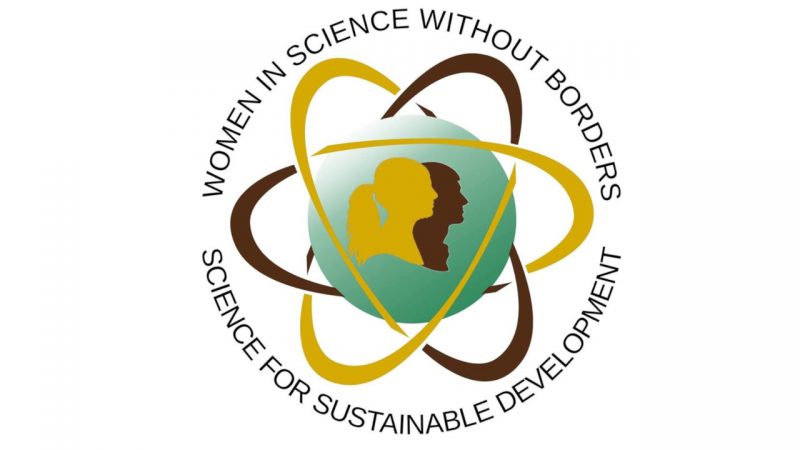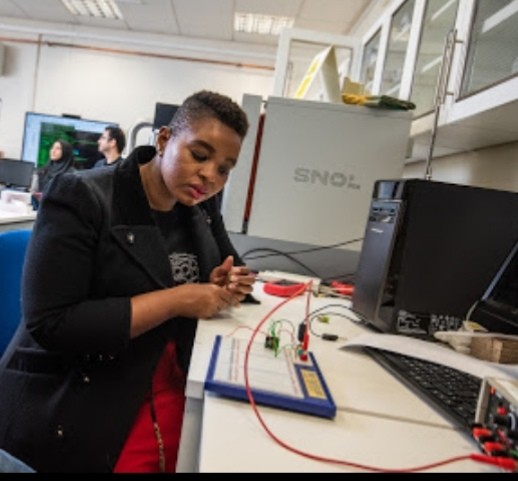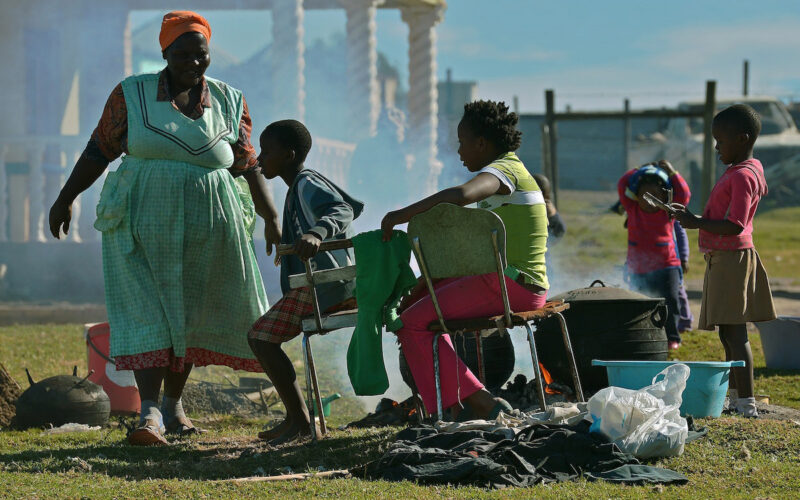
Technology and sustainable development: a hamlet in rural South Africa shows how one can power the other
IT'S hard to imagine that the sustainable development goals (SDGs) and the fourth industrial revolution can be part of the same conversation. But, as a briefing paper by the World Economic Forum in collaboration with PricewaterhouseCoopers (PwC) points out: Over 70% of the 136 SDG targets could be enabled by technology applications already in deployment. To be achieved, both ideas – sustainable development and the fourth industrial revolution – require innovative thinking and a change of attitude. Authors SAURABH SINHA, Professor and Deputy Vice-Chancellor: Research and Internationalisation, University of Johannesburg MDUDUZI MBIZA, Research Associate, University of Johannesburg The fourth industrial…

